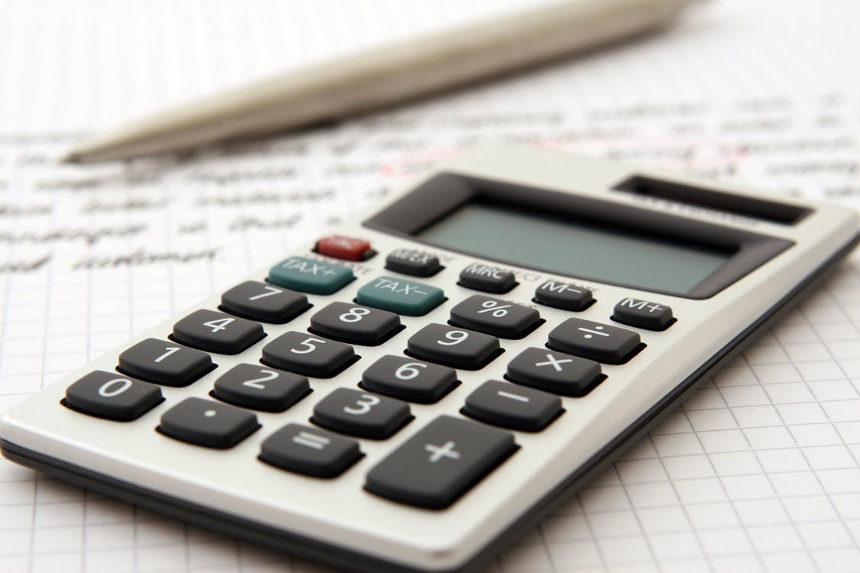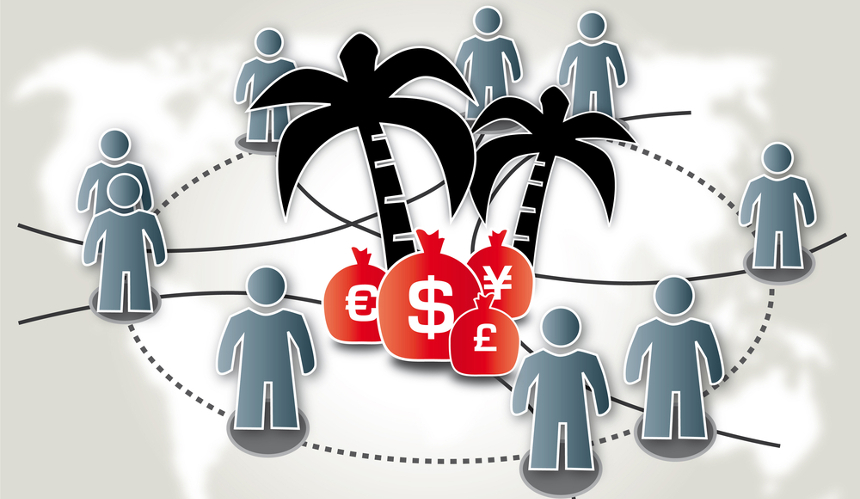Generally, when there’s a story in the news about so-called tax havens it’s met with an air of negativity because of what people ordinarily use tax havens for. I’m not saying tax havens aren’t in on these sinister dealings like hiding ill-gotten gains or evading and avoiding tax, but by design, tax havens aren’t necessarily all that bad.
If you were to dig into the history of how some tax havens came about, like the Cayman Islands, for example, you’d very quickly realise that most of these were “given” their tax status by some pre-colonial authorities. This means that if those pre-colonial powers really wanted to they could perhaps do something to change the tax-free status of those territories, but you see that’s just it – there is no will on the parts of the powers that be to change the very tax avoidance avenues many of them use themselves.
I mean I’m pretty sure you heard about the so-called Panama Papers, particularly with regards to how one of our very own former Prime Ministers was “implicated.”
Look, I suppose it all depends on the taxation code of your own country, but for the most part, money that is kept off-shore is put to work wherever it is held, so some people who do indeed make use of tax havens do so fully within the local laws of their countries. Tax planning and illegal tax delinquency are two things which are on different sides of the law, so as long as you’re doing everything within the legal parameters set forth, then you have nothing at all to worry about.

It becomes an issue when you come from a country where you get taxed on your worldwide assets and earnings, however, which is perhaps where the use of tax havens gets shrouded in a bit of mysterious controversy.
The really good thing about what tax havens are all about however and how they operate by their very design is aimed at the citizens of the country which operates as a so-called tax haven. So if you live on the Cayman Islands, for example, living under a tax-free economic code means that you can truly own the property you buy and not have to worry about it ever being repossessed due to something like not being able to pay your property taxes.
Some so-called tax havens operate a mixed non-taxation policy and I’ll once again refer to the Cayman Islands as an example of this because tax is actually levied in an indirect manner. Import taxes come into play as a major factor in that food and anything else which is imported costs a whole lot more due to the high value added tax on those goods.
Otherwise, a tax-free country demonstrates quite clearly just how government officials can really work for the people in that they reach a point where they realise that they don’t have to tax their own citizens further than what they already do or did. I mean you can only build so many roads and run maintenance on them so many times with the citizens footing the bill through taxes. Once everything is in order there’s just no need to tax your citizens any more than you already do.
Author: Oliver Curtis
Hi there. I’m Oliver. I’m just a young boy from the outskirts of… Okay, that’s a lie, I’m not a young boy anymore, although I certainly feel that way at heart.


